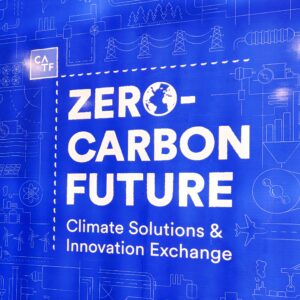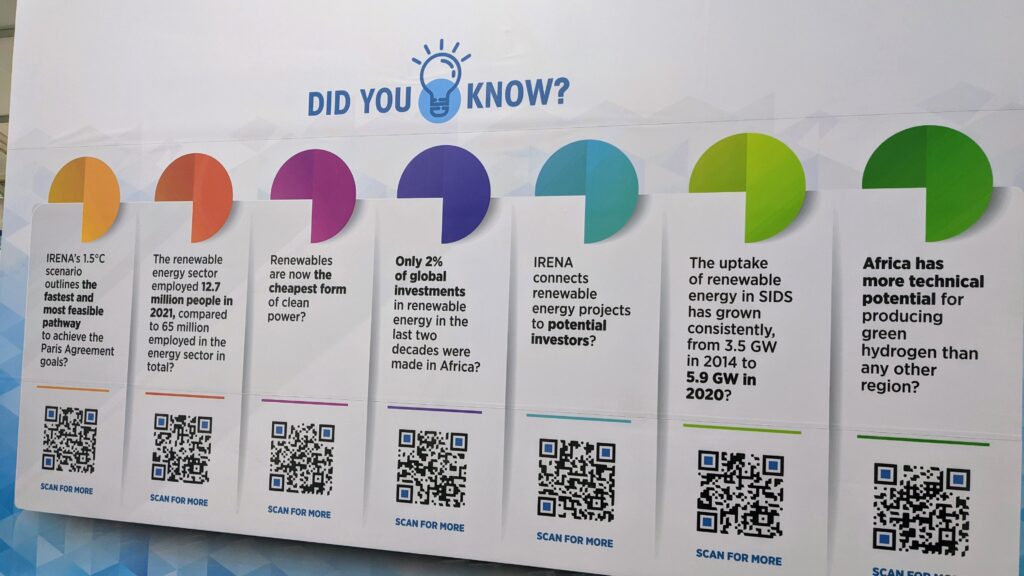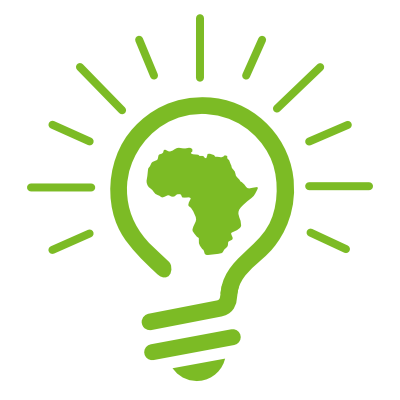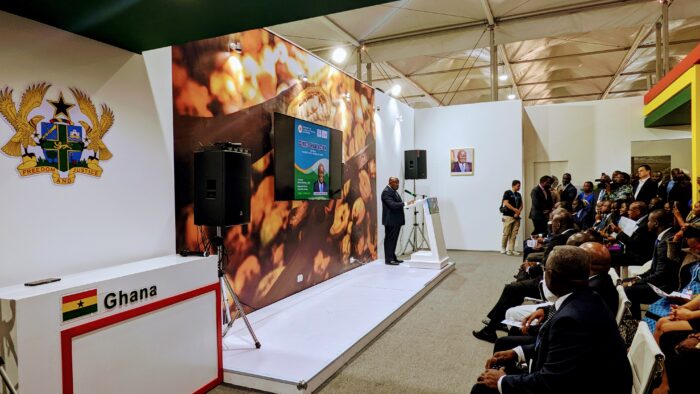One of my favourite African proverb states “it is the owner of the house who knows where the roof leaks.” Meaning, it is the one experiencing the pain or pleasure who best knows the intensity of the feeling. Similarly, when it comes to implementable and sustainable solutions for climate mitigation and adaptation, we must reconsider the underlying questions that guide the decision-making process(es) about this very issue. Studies show that Africa’s emissions account for less than 3% of the total global emissions, and thus we must ask, what does an African-led energy transformation look like? How can we break free from old paradigms around energy access and development? How can African leaders ensure they have the freedom to develop their economies while aligning with a global energy transformation? How can we build an African vision for energy transformation that ensures local ownership and regional self-determination within a global vision for decarbonization.

African nations constantly face a dual challenge; on one hand lies the pursuit of socio-economic development and prosperity for their citizens, and on the other hand, the urgency of climate mitigation while working toward a zero-carbon future. Lately, these two efforts are increasingly discussed in tandem within policy spaces, while academic research has yet to proactively evaluate these elements as codependent factors influencing anticipated outcomes
Complex problems often mean complex long-term solutions with simpler alternatives for urgent stop-gap measures. Some key elements highlighted in implementing a more Africa-centered approach include:
- Building a robust Knowledge database: we must understand the baseline metrics so we can create SMART (Specific, Measurable, Achievable, Realistic and Timely) goals. 2/3 of African research on climate change is done without African voices input which often results in an oversimplification of anticipated outcomes
- Understanding this issue of climate change is both a FINANCIAL AND POLITICAL CONVERSATION: the research must reflect this overlap if we are to propose effective solutions, because politics matter more than technology in this effort for sustainable and resilient development
- Developing regional interconnections: we must INTEGRATE our ECONOMIES and have regional/continental approach to long-range planning. The African Continental Power Systems Master Plan (CMP) is an ongoing initiative led by the African Union Development Agency (AUDA-NEPAD) that aims to establish a long-term continent-wide planning process for power generation and transmission involving all five African power pools.

- Implementing Solutions based on integrated/interdisciplinary approaches: whether we are discussing agribusiness, transport systems & logistics, research and development, healthcare or the informal business sector, innovative financing mechanisms are essential to effective, sustainable and resilient solutions
- Prioritizing representation that goes Beyond Performative Diversity: no more tokenism without real inclusion in the decision-making spaces that create Africa’s narrative to the global community. After all, to change the narrative, we must first own the narrative.

We must Understand how power and privilege impact the policies and practices that become accepted as the norm/status quo.
Learn more at the Clean Air Task Force.
#CleanAirTaskForce #AfricaCOP27 #AfricaEngineeringNews #BeyondPerformativeDiversity #OwnTheNarrativeAfrica



